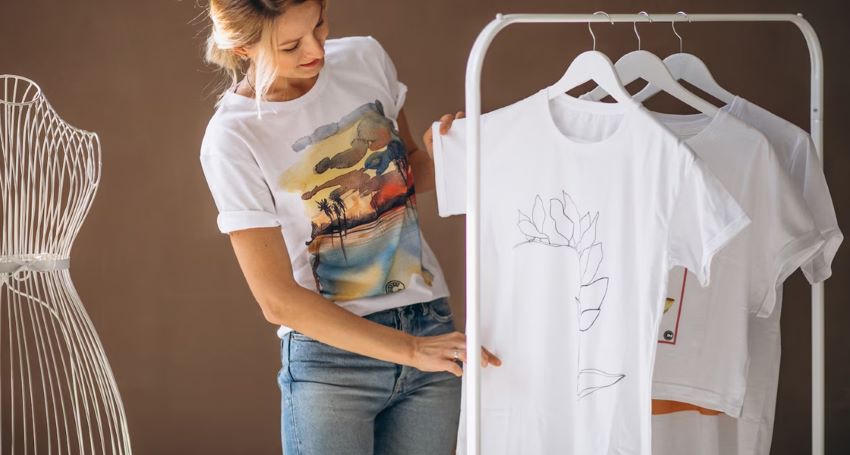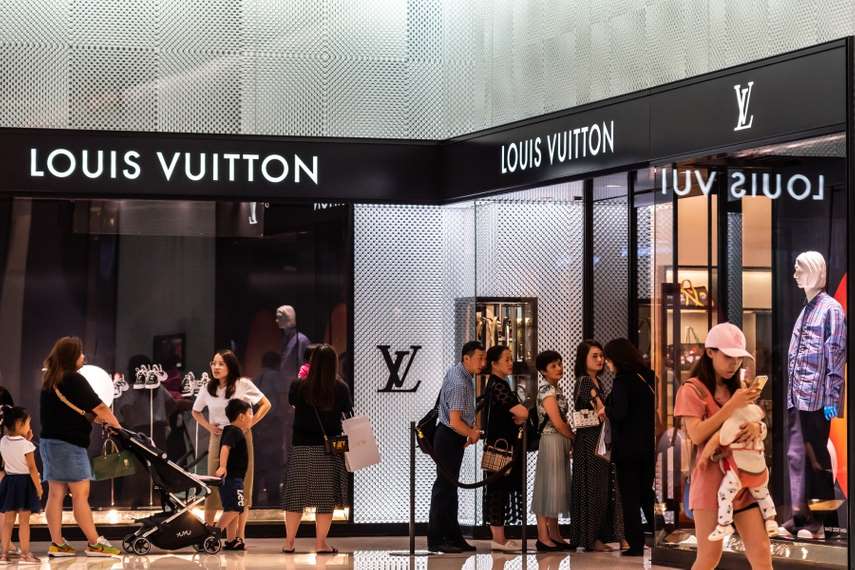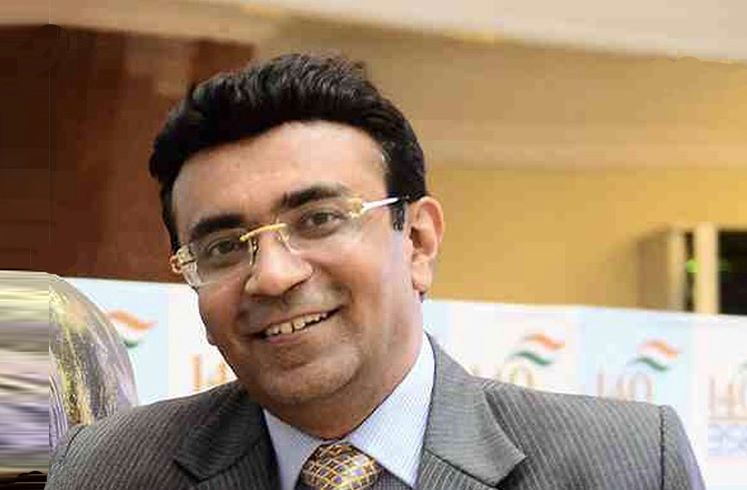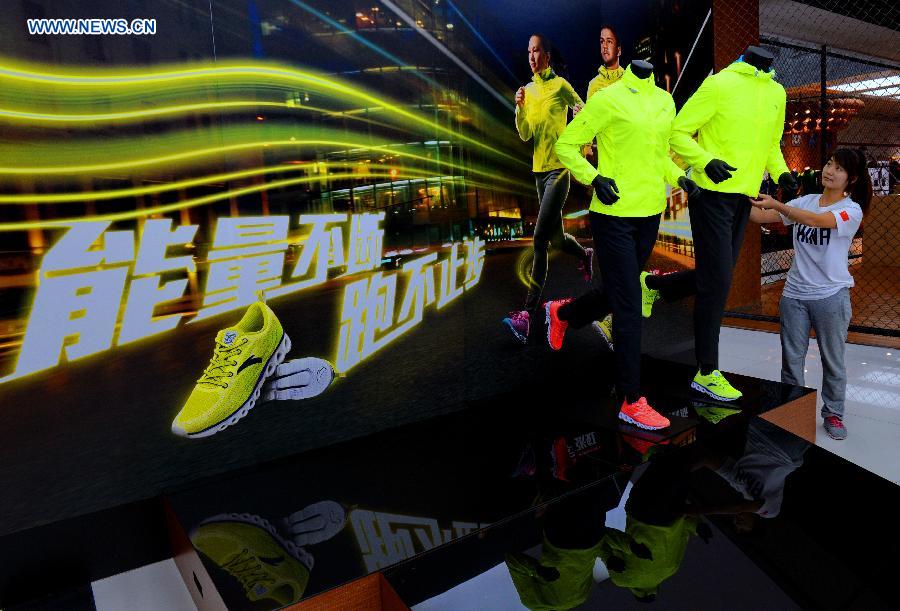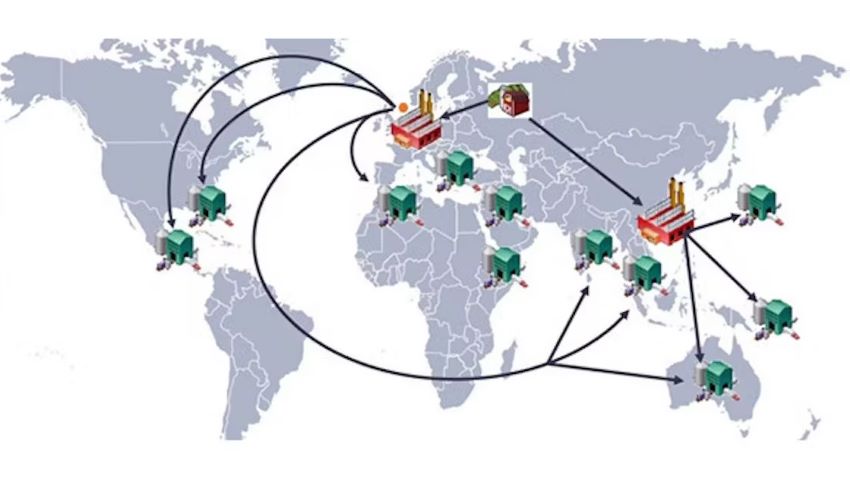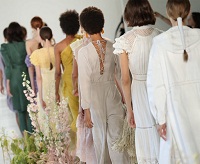 Global apparel industry reports and experts alike have highlighted the ongoing pandemic has given a huge impetus to comfort wear with sale of leggings, track pants, tees et al clocking in huge growth since March 2020. And even after restrictions have eased, loungewear sales have not slowed down, say retailers. As Sanjay Jain, CEO, PDS Multinational Fashions told Mint, demand has shifted from formal to casual wear. “Fashion designers are predicting a move from tighter, body-fitting fashion to more loose apparel. You and I are going to see more baggies.”
Global apparel industry reports and experts alike have highlighted the ongoing pandemic has given a huge impetus to comfort wear with sale of leggings, track pants, tees et al clocking in huge growth since March 2020. And even after restrictions have eased, loungewear sales have not slowed down, say retailers. As Sanjay Jain, CEO, PDS Multinational Fashions told Mint, demand has shifted from formal to casual wear. “Fashion designers are predicting a move from tighter, body-fitting fashion to more loose apparel. You and I are going to see more baggies.”
Numbers too reveal, loungewear sales continue to remain high. For PDS for example, in 2019 the division between casual and formal wear was around 75:25 it changed to 95:5 in post-Covid. PDS offers product development, sourcing, design and manufacturing services to top global brands and retailers like Superdry, Primark and Next, and supermarket chains like Walmart, Woolworths and Sainsbury’s. In 2019-20 alone PDS did business worth Rs 6,000 crore. As per Jain, formal wears space has been taken over by an increase in demand for athleisure, denim and loungewear.
Shifting focus boosts casual wear business
Even though casual wear was always popular however, the lockdown has given it added boost. The trend has caught on with brands and retailers looking at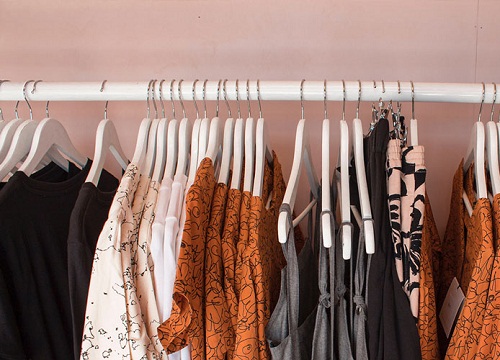 it as a huge opportunity. PDS expects demand for athleisure and denim to dominate this year. And Jain says the trend has shifted from causal trousers to denim. Before Covid, the split was 70 per cent (causal trousers) and 30 per cent (denim), but post-COVID it has reversed. T-shirt dresses and polos are also seeing good demand in Europe and North America. Sale of casual and formals shirts are down 30-40 per cent.
it as a huge opportunity. PDS expects demand for athleisure and denim to dominate this year. And Jain says the trend has shifted from causal trousers to denim. Before Covid, the split was 70 per cent (causal trousers) and 30 per cent (denim), but post-COVID it has reversed. T-shirt dresses and polos are also seeing good demand in Europe and North America. Sale of casual and formals shirts are down 30-40 per cent.
Similarly, footwear retailer Bata India is looking at casual apparel category as consumer focus shifts to athleisure. As Bata Shoe Organisation’s global CEO Sandeep Kataria says the company was testing its training and fitness apparel under the Power brand.
In fact, retailers are sceptical about formal clothing sales bouncing back anytime soon. Jain told Mint “The revival of formal wear is based on the assumption that the vaccine will have an impact, Covid will go away and you and I will go back to office. The trends are encouraging, but a structural shift has taken place. There is a realization that work from home is doable.”
On similar lines, Kataria feels post-Covid the culture of work from home will continue. Therefore, comfort wear will have a lasting impact. He says, Bata consumers are looking for casual footwear with comfort and casualisation driving trends.
Formal wear sales down but will pick up
Even though retailers do not expect formals wear sales to recover, any time soon, they are eyeing next spring/summer season and working on collections accordingly.
One big thrust during the pandemic is growing awareness about sustainability among consumers. Stakeholders in the apparel industry are now focusing on eco-friendly methods as the momentum picks up. Bata for example has factories with zero-effluent. Besides, some of its footwear brands such as Power use recycled tyres in its shoes.
While awareness about sustainability is growing costs are a concern for consumers, feels Jain. Sustainable raw materials are definitely more expensive. However, with time consumers seeking shopping choices in sustainable products will grow even as their wardrobes get smaller.

